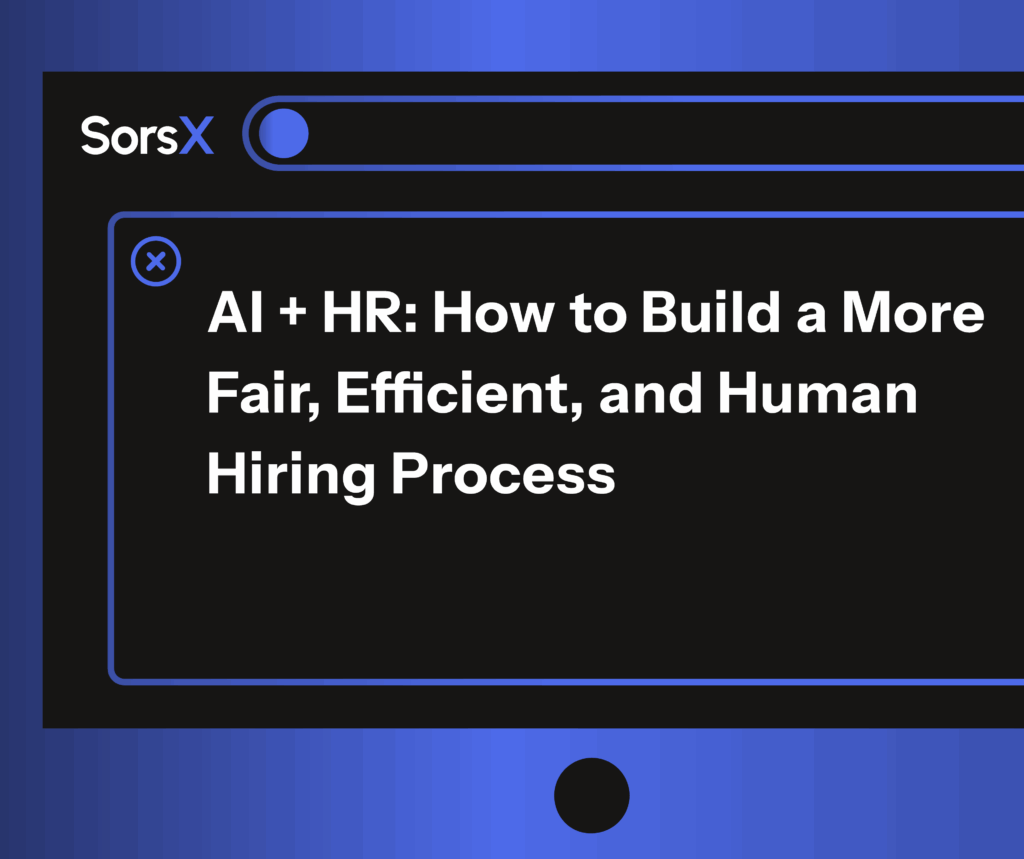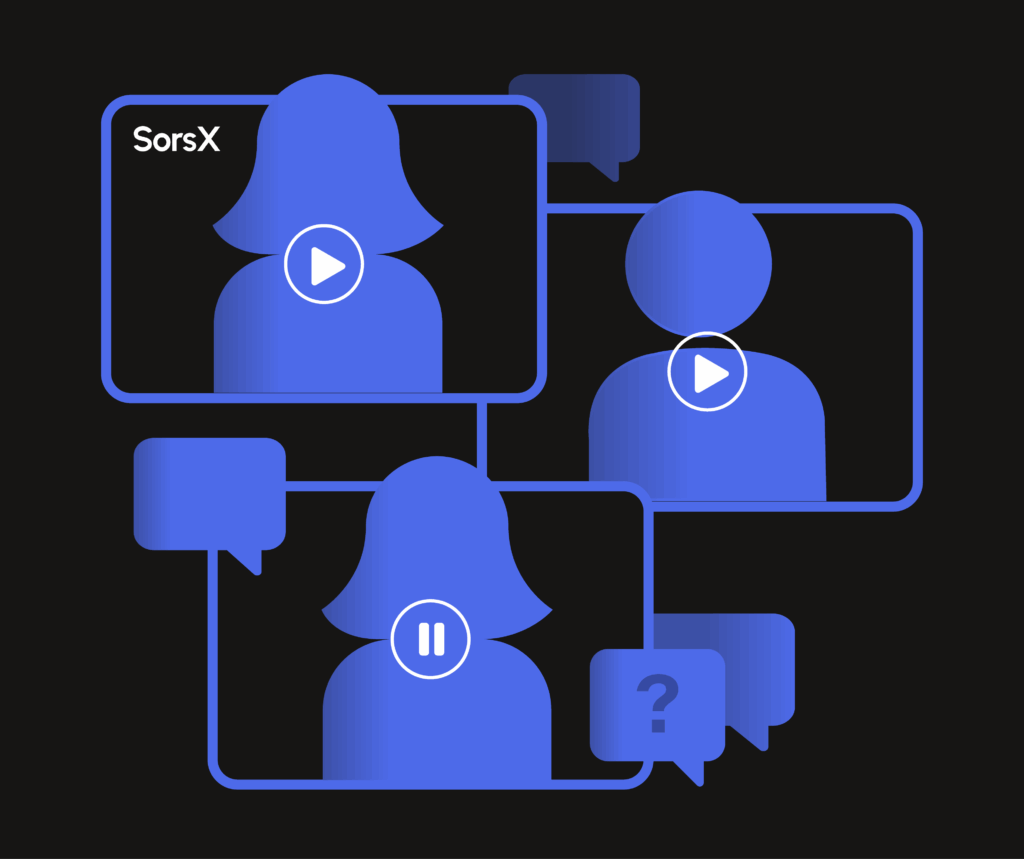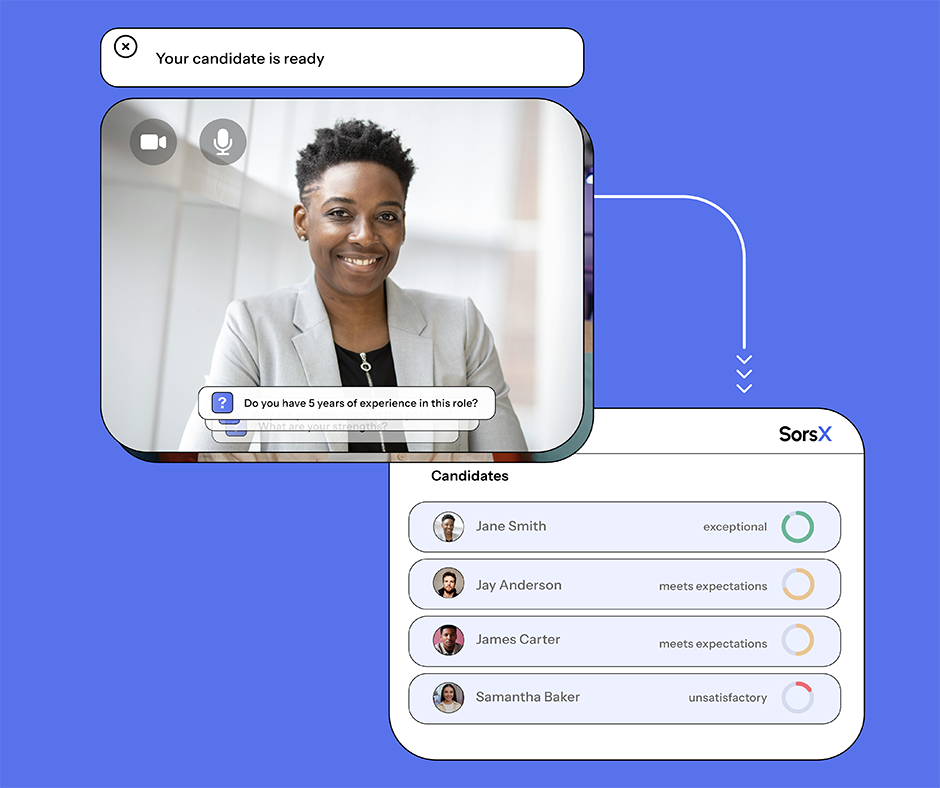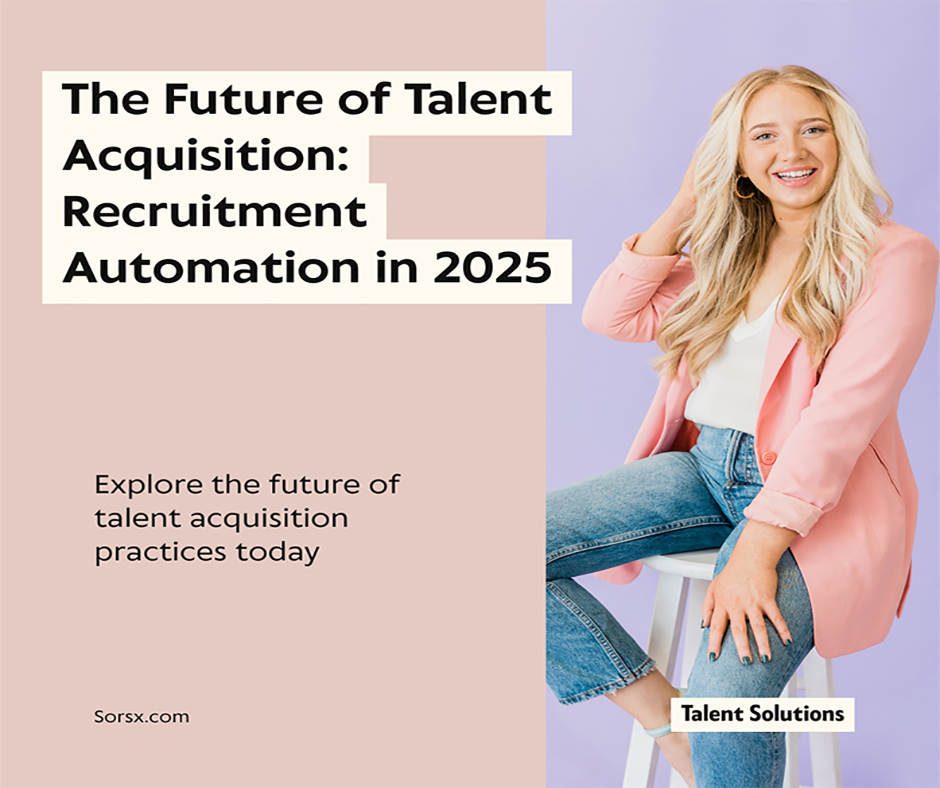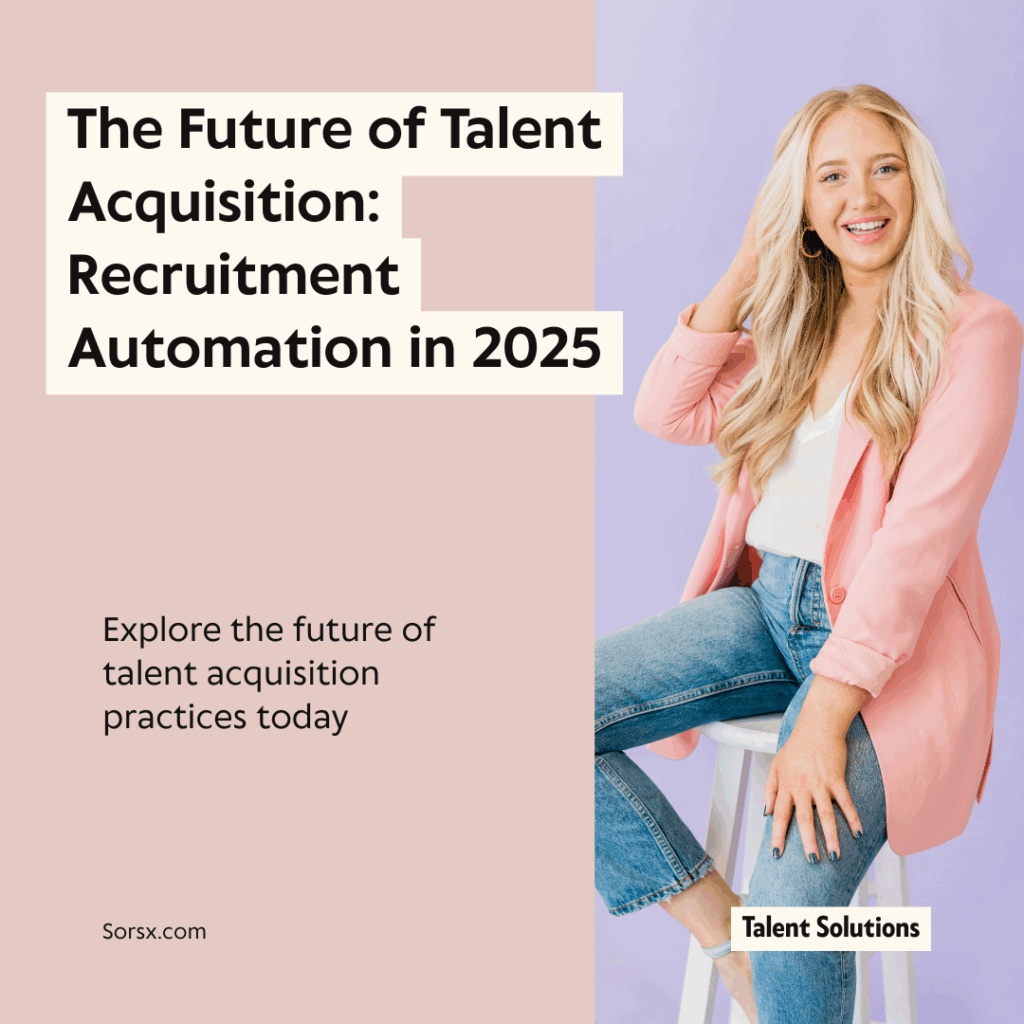AI interviews are becoming the new standard in hiring. Discover how artificial intelligence reduces time-to-hire, improves candidate experience, and gives growing teams a competitive edge in 2025.
The AI Recruiting Revolution in Modern Hiring
Most companies are still losing time and talent at the top of the funnel. While hiring technology has evolved dramatically, traditional interview scheduling remains the biggest bottleneck in modern recruitment. In fact, 35% of recruiters’ time is spent on interview scheduling, turning what should be a strategic relationship-building process into an administrative burden.
Here’s the reality: companies using AI interviews report a 50% reduction in time-to-hire, while the broader market struggles with inefficiency. This isn’t just about convenience—it’s about competitive advantage in the talent acquisition war powered by artificial intelligence.
This blog explores how AI recruiting is changing the game—and why it’s not just faster, but fundamentally better for both companies and candidates.
The Problem: Why Traditional Interview Processes No Longer Work
The Interview Scheduling Nightmare
The numbers tell a sobering story about hiring efficiency. 67% of recruiters say it takes between 30 minutes and 2 hours to schedule a single interview, with 17% reporting it takes two to five hours. For organizations hiring at scale, these hours compound into weeks of lost productivity in their recruitment process.
Meanwhile, candidates are getting increasingly frustrated with the hiring process. 49% of candidates left the recruitment process when it took too long to schedule an interview—an 11% increase from the previous year. The largest proportion of candidates (31%) report the first interview took as long as 2-3 weeks to schedule, creating massive opportunity costs in competitive talent acquisition markets.
The Human Cost of Inefficient Recruiting
Traditional phone screening creates a cascade of problems:
The impact extends beyond logistics and affects candidate experience. Only 26% of North American job seekers say they had a great candidate experience, and 36% of candidates declined offers due to negative interactions during interviews. Poor interview experiences don’t just cost individual hires—they damage employer brands for years.
The Rise of AI Interviews and AI Recruiting
Market Validation and Growth in AI Hiring Technology
The shift to AI-powered interviews represents more than a trend—it’s a fundamental transformation in digital recruiting. 70% of companies now integrate AI screening into their hiring processes, moving beyond pandemic-era necessity to strategic advantage in talent acquisition.
The AI recruiting market data supports this momentum. The global AI recruitment industry’s market size is $590.50 billion as of 2023, with 78.9% foreseeing an increase in AI importance and usage in the workplace. This growth reflects genuine value creation in hiring technology, not just technological adoption.
Beyond Traditional Methods: AI Interviews as Standard Practice
While remote work accelerated AI interviewing adoption, the sustained growth reveals deeper structural advantages in AI recruiting. Organizations increasingly seek AI interview platforms that combine intelligent screening, automated evaluation, and seamless integration capabilities. This evolution shows companies moving from reactive crisis management to proactive recruitment optimization.
81% of recruiters feel AI-powered recruitment will continue growing, with 27% of hiring professionals already using or experimenting with generative AI. The AI interview technology has proven its value independent of external circumstances.
Why AI Interviews Work—For Both Sides
For Hiring Teams: Operational Excellence in AI Recruiting
Elimination of Interview Scheduling Friction: The most immediate benefit is transformative. AI interviews completely eliminate the coordination nightmare that consumes 35% of recruiters’ time. No more calendar Tetris, no more missed calls, no more rescheduling cascades in your recruitment process.
Structured, Comparable Data for Better Hiring Decisions: Every candidate receives identical AI-powered assessments, creating consistent evaluation criteria. This standardization addresses a critical challenge—72% of companies now use structured interviews to ensure a standardized approach to candidate evaluation, improving hiring efficiency.
Advanced AI Candidate Screening: Modern AI interview platforms provide intelligent ranking and assessment capabilities. Organizations using AI report helping them speed up their hiring process significantly, saving on time (85.3%) and cost (77.9%), reflecting growing confidence in AI-assisted hiring decisions.
Measurable AI Recruiting Efficiency Gains: The results speak clearly for AI-powered hiring. Companies report up to 52% reduction in operational inefficiency when implementing AI interviewing solutions. Hilton reduced time to fill positions by 90% using AI, demonstrating enterprise-scale impact in talent acquisition.
For Candidates: Flexibility and Fairness in AI Hiring
Time and Location Flexibility: Candidates can complete AI interviews when they’re most prepared, not when calendars align. This especially benefits working professionals, parents, and students who struggle with traditional interview scheduling constraints.
Reduced Stress and Better Performance: AI interview systems typically allow candidates time to prepare thoughtful responses, leading to more authentic evaluations. The AI-powered interview format removes real-time pressure while maintaining assessment quality.
Mobile-First AI Interview Experience: 68% of candidates prefer mobile-friendly platforms, and AI interviews deliver true mobile optimization. Candidates can complete AI-powered assessments from anywhere with reliable internet, expanding access beyond traditional office environments.
Consistent Candidate Experience: Every candidate gets identical treatment through AI recruiting—same questions, same evaluation criteria, same scoring methodology. This consistency addresses growing fairness concerns in hiring processes.
Addressing the Trust Gap: Fairness and Transparency in AI Hiring
The AI Recruiting Bias Challenge
Candidate skepticism about AI in hiring is real and valid. 66% of U.S. adults would not apply for a job using AI for hiring decisions, with 70% of women expressing the same sentiments. However, these concerns often stem from poorly implemented or opaque AI systems, not the AI interview technology itself.
The data on AI bias reduction is compelling when AI recruiting is done right:
Best Practices for Trust Building in AI Recruiting
Transparency in AI Interview Process: Candidates should understand exactly how AI algorithms evaluate them. Clear instructions, sample questions, and evaluation criteria reduce anxiety and improve performance in AI-powered interviews.
Human Oversight in AI Hiring: AI should augment, not replace, human judgment. All hiring decisions should be human-led, but AI can help address the impact of bias throughout the interview process by providing feedback and guidance.
Structured Evaluation for Fair AI Hiring: Structured interviews powered by sophisticated AI act as a powerful bias mitigation mechanism when implemented with proper role design and competency frameworks.
Getting Started: AI Interview Implementation Best Practices
Design Structured, Inclusive Questions for AI Screening
Start with job-relevant competencies and create questions that assess specific skills through AI evaluation. Avoid open-ended questions that invite bias and focus on behavioral examples that predict performance in your AI-powered hiring process.
Set Clear AI Interview Experience Expectations
Transparency builds trust in AI recruiting. Provide sample questions, explain the AI evaluation process, and give candidates technical support resources. 67% agree that they’d be annoyed if they had to repeatedly fill in their details to arrange interviews if they’d previously communicated with the recruiter.
Enable Collaborative Review of AI Assessments
Share AI interview results across decision-makers to gather diverse perspectives. This approach leverages artificial intelligence efficiency while maintaining human judgment in final hiring decisions.
Measure and Optimize AI Recruiting Efficiency
Track key metrics like candidate completion rates, time-to-hire reduction, and quality of hire from AI interviews. Use data to continuously improve question design and AI evaluation processes in your talent acquisition strategy.
The Future: AI Interviews as Hiring Infrastructure
Beyond Trend to Standard Practice in AI Recruiting
Just as Slack replaced internal emails and Zoom replaced in-person meetings, AI interviews are replacing interview scheduling chaos. The continued prevalence of AI adoption has cemented AI-powered interviewing as an essential recruitment tool.
This isn’t about replacing human connection—it’s about optimizing where human time creates the most value in AI-powered recruiting. Recruiters can focus on relationship-building, employer branding, and strategic candidate engagement rather than administrative coordination.
Universal Benefits for AI Hiring Teams
The advantages of AI interview software span every stakeholder:
- Founders and hiring managers get faster, more consistent AI-powered hiring decisions
- Recruiters reclaim time for high-value activities and strategic thinking
- Candidates experience fairer, more convenient AI evaluation processes
- Companies build stronger employer brands through improved AI candidate experience
Scalability Without Complexity in AI Recruiting
Small and medium-sized businesses represent over 58% of new adopters of AI interviewing software due to its cost-efficiency and scalability. You don’t need a massive team or enterprise budget—just the right AI hiring technology and processes.
Ready to Transform Your Hiring Process with AI?
The data is clear: AI interviews aren’t just a competitive advantage—they’re becoming table stakes in modern talent acquisition. Companies that embrace this AI hiring technology early gain significant advantages in speed, efficiency, and candidate experience.
The question isn’t whether AI recruiting will become standard, but whether your company will lead or follow the transformation in AI-powered hiring.
Try your first AI interview with SorsX today. No scheduling. No bias. Just better hiring.
Start your free trial
